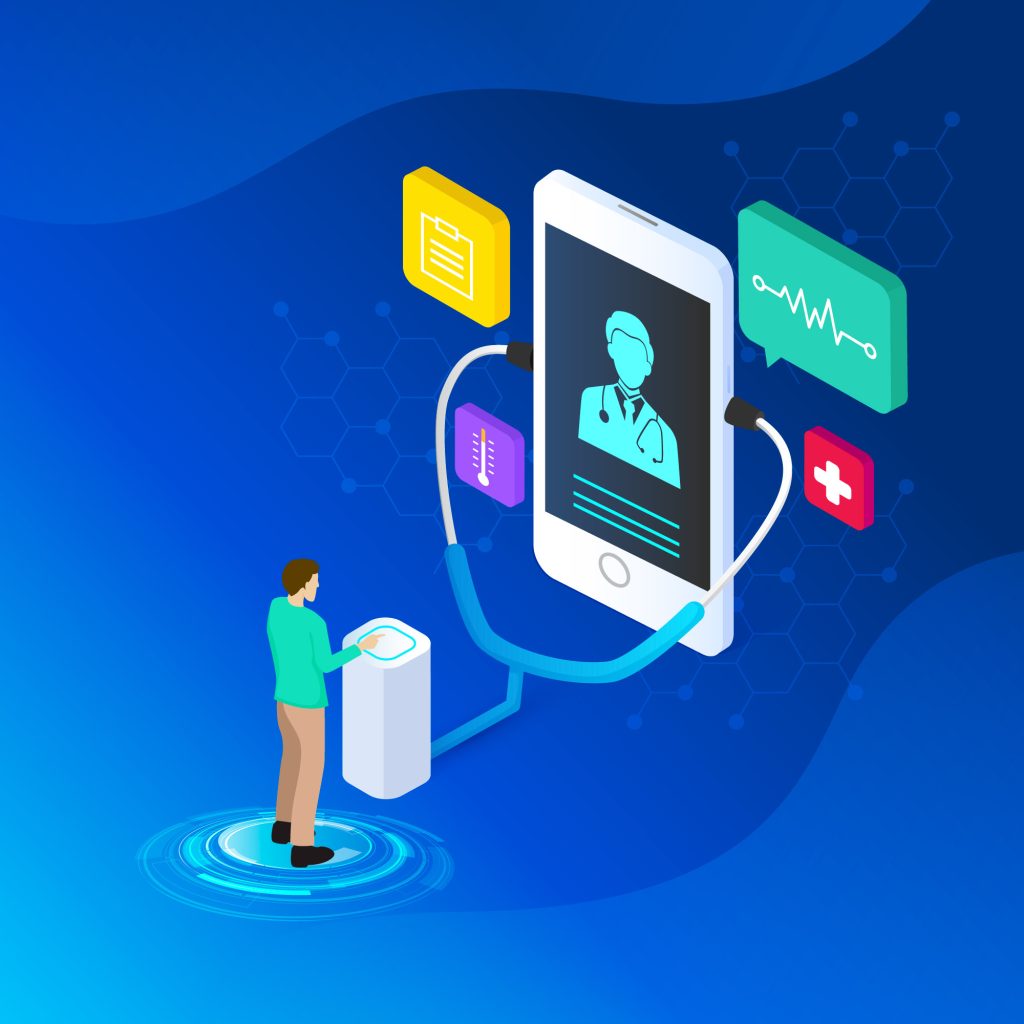Introduction:
The world of healthcare is undergoing a remarkable transformation, thanks to the advent of telemedicine. With the help of technology, patients can now access medical care without the constraints of physical proximity. In this article, we’ll explore the profound impact of telemedicine on healthcare access and patient care.
The Rise of Telemedicine:
Telemedicine, or telehealth, involves the delivery of healthcare services remotely using technology. This can include video consultations, phone calls, and even mobile apps. The rise of telemedicine has been driven by several factors, including advances in technology, increased internet connectivity, and the need for more accessible healthcare services.
Benefits of Telemedicine:
- Improved Access: Telemedicine breaks down geographical barriers, allowing patients in rural or underserved areas to access quality healthcare.
- Convenience: Patients can schedule appointments and receive medical advice without the need for travel, reducing the time and cost associated with in-person visits.
- Reduced Waiting Times: Telemedicine often leads to shorter waiting times as patients can connect with healthcare providers more quickly.
- Continuity of Care: Telemedicine enables ongoing care, making it easier for patients to follow up with their healthcare providers regularly.
Challenges and Considerations:
While telemedicine offers numerous benefits, it also presents challenges. These include:
- Privacy and Security: Ensuring the privacy and security of patient information during remote consultations is crucial.
- Technology Barriers: Not everyone has access to the necessary technology or a reliable internet connection for telemedicine.
- Regulatory and Licensing Issues: Regulations surrounding telemedicine vary by location and can be complex.
The Future of Telemedicine:
As technology continues to advance and more healthcare providers adopt telemedicine, its role in healthcare is likely to expand. Patients can expect even greater convenience and access to care in the years to come. Telemedicine is not a replacement for all in-person healthcare, but it is an invaluable tool that enhances healthcare access and patient care.










